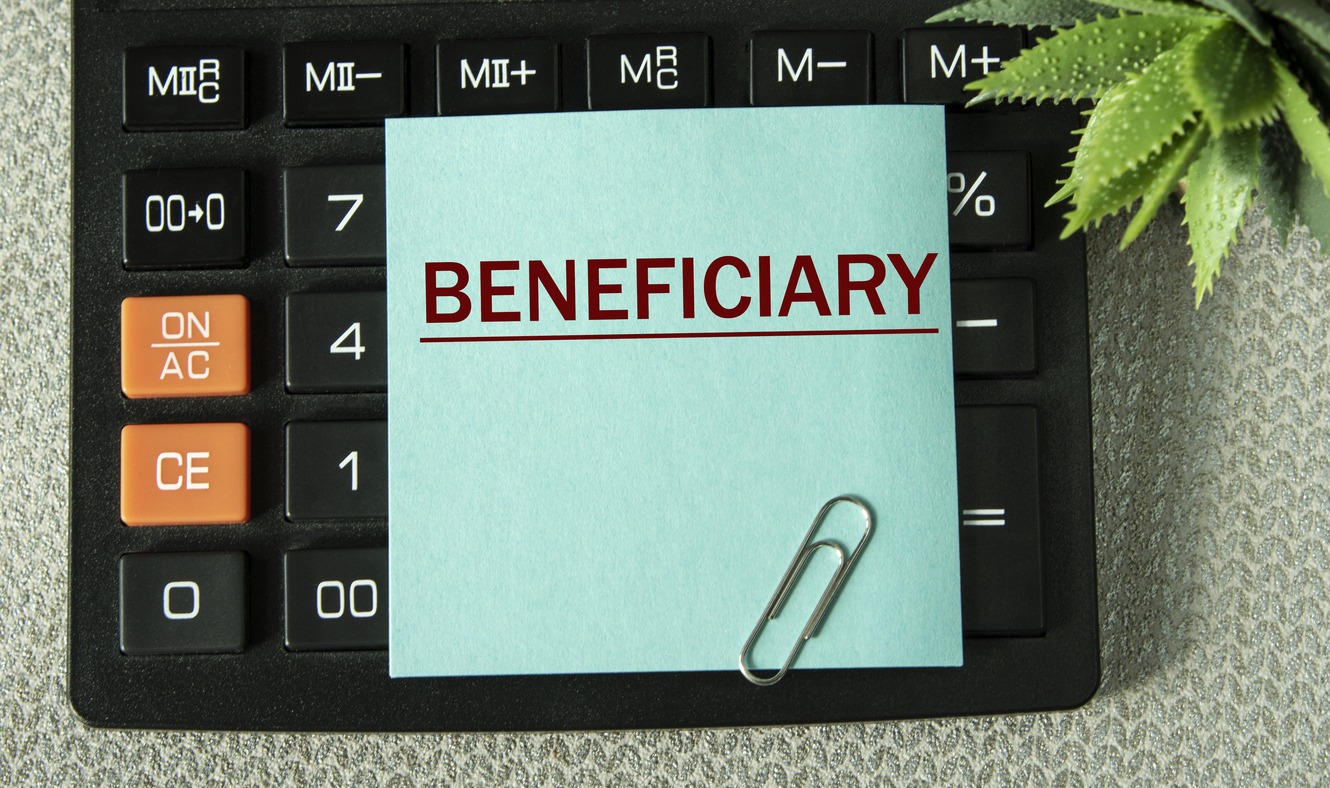 Before we get into some specifics about trust administration, we should explain why you may want to use a trust instead of a will. To many people who don’t know all the facts, a trust can seem like something that is just a glorified will. In reality, there are many different compelling reasons why a trust can be a better choice. Plus, there are multiple different types of trusts that can be utilized. The optimal choice or choices will depend upon the circumstances.
Before we get into some specifics about trust administration, we should explain why you may want to use a trust instead of a will. To many people who don’t know all the facts, a trust can seem like something that is just a glorified will. In reality, there are many different compelling reasons why a trust can be a better choice. Plus, there are multiple different types of trusts that can be utilized. The optimal choice or choices will depend upon the circumstances.
Wills vs. Revocable Living Trusts
If you use a last will to state your final wishes regarding the distribution of your personally held resources, you would be allowing for lump sum distributions to the inheritors. This can potentially be disconcerting if you have someone on your inheritance list who is not a good money manager.
People who are prone to overspending are typically going to need financial assistance from time to time throughout their lives. A spendthrift family member could experience future hardships after squandering his or her inheritance too quickly.
On the other hand, with a revocable living trust, you can instruct the trustee that you name in the document to distribute assets to a beneficiary in a measured fashion over an extended period of time . You can prevent an inheritance burn-through, and in so doing, you will be protecting your loved one over the long haul. There is also a layer of asset protection, because the trust would become irrevocable after you die. As a result, creditors holding judgments against the beneficiaries could not attach the principal in the trust.
The ability to include spendthrift protections is one benefit, but there are others. One of them is the facilitation of timely asset distributions.
When a will is used as an asset transfer vehicle, it must be admitted to probate after the death of the testator. This is a legal process that takes place under the supervision of a court. Probate is time-consuming; it will take around nine months to a year, even if there are no complications. The heirs to the estate cannot receive their inheritances while the process is underway.
Conversely, assets that are contained within a living trust can be distributed to the beneficiaries outside of probate. As a result, assuming there is adequate liquidity, the beneficiary can start to receive distributions in a timely manner.
Estate Tax Efficiency
If you maintain direct personal possession of your property through to the time of your death, and you use a will to arrange for postmortem transfers, your assets would be part of your estate for estate tax purposes.
The federal estate tax can be a factor as well if you have been particularly successful from a financial standpoint. This tax carries a 40 percent maximum rate, and in 2016, it is potentially applicable on asset transfers that exceed $5.45 million in value.
If you arrange for your personal property to be distributed through the terms of a will, the estate tax can take a heavy toll on your legacy. However, if you convey assets into a wealth preservation trust, you can preserve resources for the benefit of your loved ones.
Trust Administration
The person or entity that administers a trust is called the trustee. When you think about this role, you may assume that you have to ask someone that you know to act as the trustee of your trust. You can go this route, but another possibility exists. If you do your research, you could identify a trust company or the trust section of a bank that you feel comfortable working with. This professional fiduciary can handle the trust and administration tasks after your gone.
Plus, if we draw up your trust for you, we could be engaged to help with the initial trust administration phase after you pass away so that your family is not placed in an overwhelming position.
Attend a Free Estate Planning Seminar
Far too many people come to us after a family member passes away. They are dealing with a complicating and confusing situation, because this loved one did not have a properly constructed estate plan in place. When we experience these interactions, we are reminded about the importance of education. If you know why you should have an estate plan in place, you invariably take action to protect your loved ones.
Our firm offers free seminars on an ongoing basis throughout southwest Florida. Attending one of these sessions is a great way to get to know us, and we have a number of dates coming up in the near future. Visit our seminar schedule page to obtain more details.













